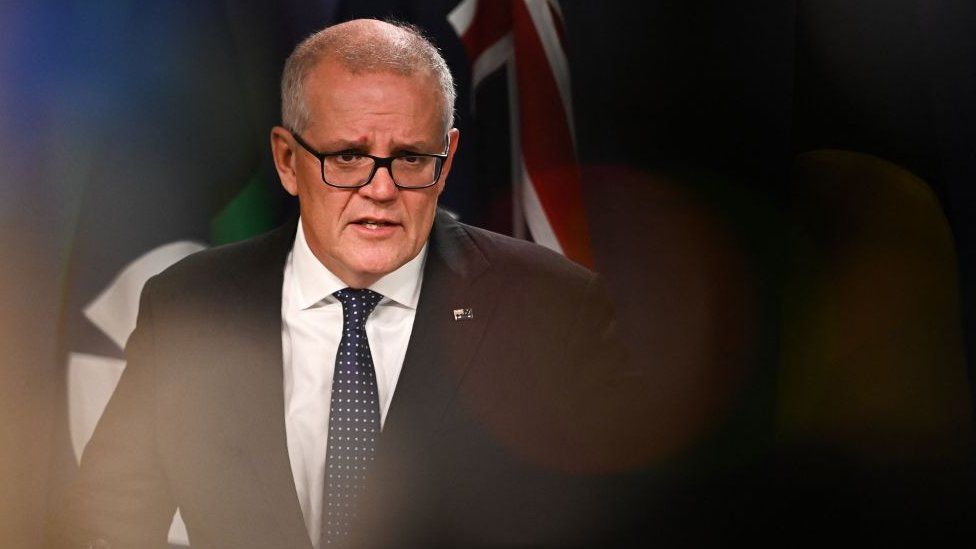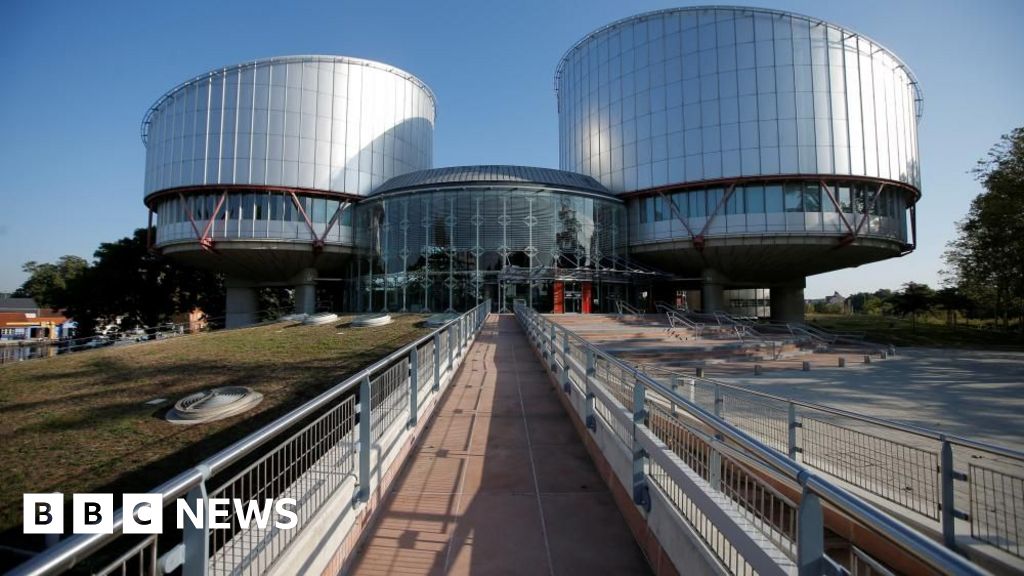ARTICLE AD BOX
By Tiffanie Turnbull
BBC News, Sydney
 Image source, Getty Images
Image source, Getty Images
Scott Morrison is under pressure to quit parliament over his actions
Australia's previous prime minister "fundamentally undermined" responsible government by secretly appointing himself to additional ministries, the country's solicitor-general has found.
In advice given to the current government, the solicitor-general said Scott Morrison's actions were legal.
But his decision to keep them secret from the public and his own colleagues was "inconsistent" with conventions.
Mr Morrison has defended the steps as "necessary" in "extraordinary times".
Prime Minister Anthony Albanese has called Mr Morrison's actions an "unprecedented trashing of our democracy". On Tuesday, Mr Albanese announced an inquiry into the affair.
Mr Morrison had become joint minister for health, finance, treasury, home affairs and resources in the two years before he lost power in May.
Most ministers were reportedly unaware they were sharing portfolios with Mr Morrison and he has been criticised by some colleagues.
The Queen's representative Governor-General David Hurley, who appointed him to the ministries, has said he believed they would be made public.
Mr Morrison says he only intervened in one decision - overruling a call by then Resources Minister Keith Pitt.
Solicitor-General Stephen Donaghue was asked to investigate Mr Morrison's appointment to that ministry and whether his intervention was legal.
Mr Donaghue concluded it was not illegal, but said: "Neither the people nor the parliament can hold a minister accountable... if they are not aware that the minister has those powers."
Mr Albanese said the advice was a "very clear criticism" of Mr Morrison's actions, adding he would give details of a broader inquiry at a later date.
"What we know is that there was no transparency here at all," he told reporters.
Mr Morrison has said his moves aimed to ensure government could continue operating if ministers were incapacitated by Covid.
"They were put in there as a safeguard as a 'break-glass-in-case-of-emergency' and as a result, thankfully, we didn't need to break the glass," he said in a press conference last week.
"I think there was a great risk that... those powers could be misinterpreted and misunderstood, which would have caused unnecessary angst in the middle of a pandemic."

 2 years ago
19
2 years ago
19








 English (US) ·
English (US) ·